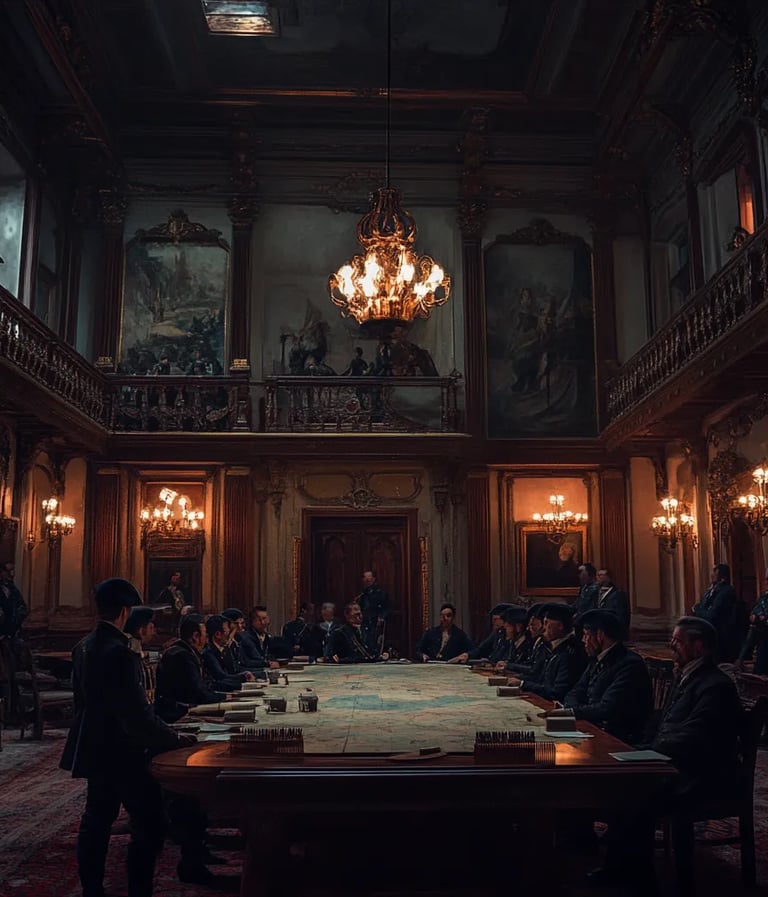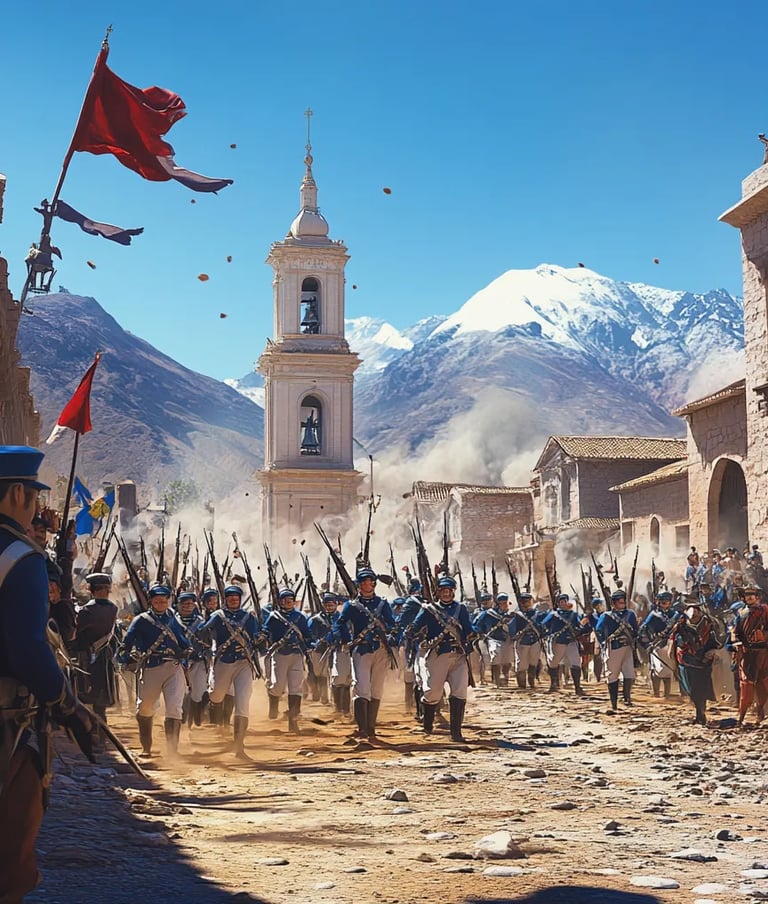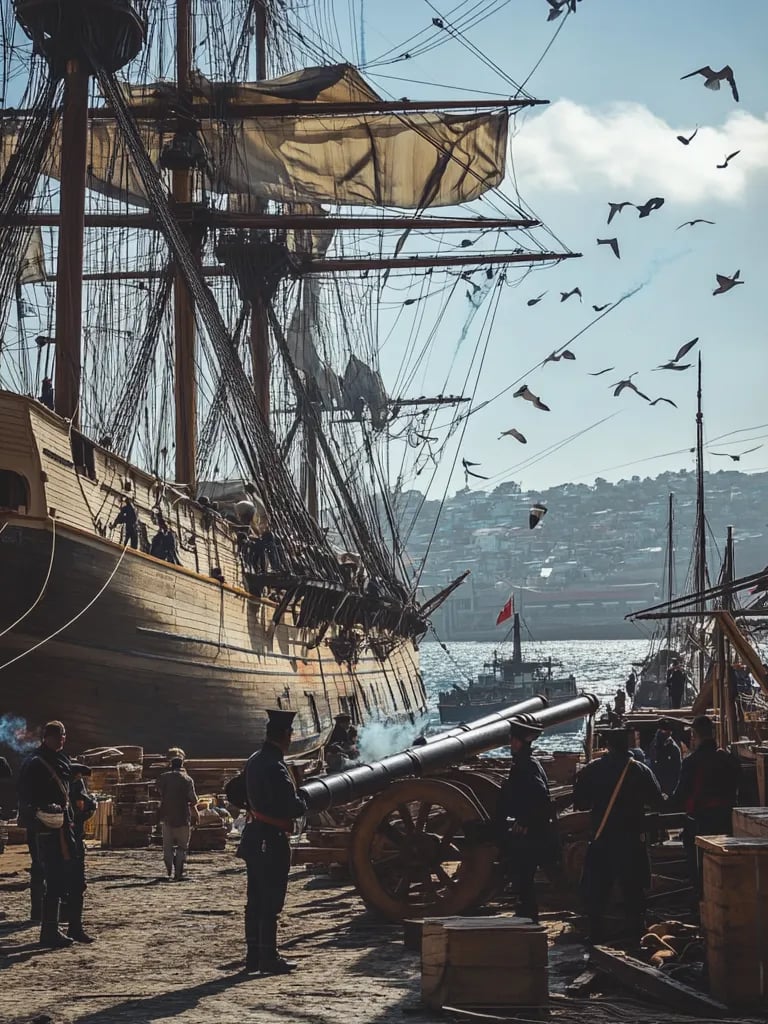In a journey of faith and endurance, English pilgrim Willibald became one of the first known Europeans to set foot in Jerusalem. Traveling through perilous lands, his pilgrimage provided rare insights into the Holy Land during the early medieval period. His experiences would later be recorded, shaping the way future generations understood the sacred sites of Christianity and inspiring countless other travelers.
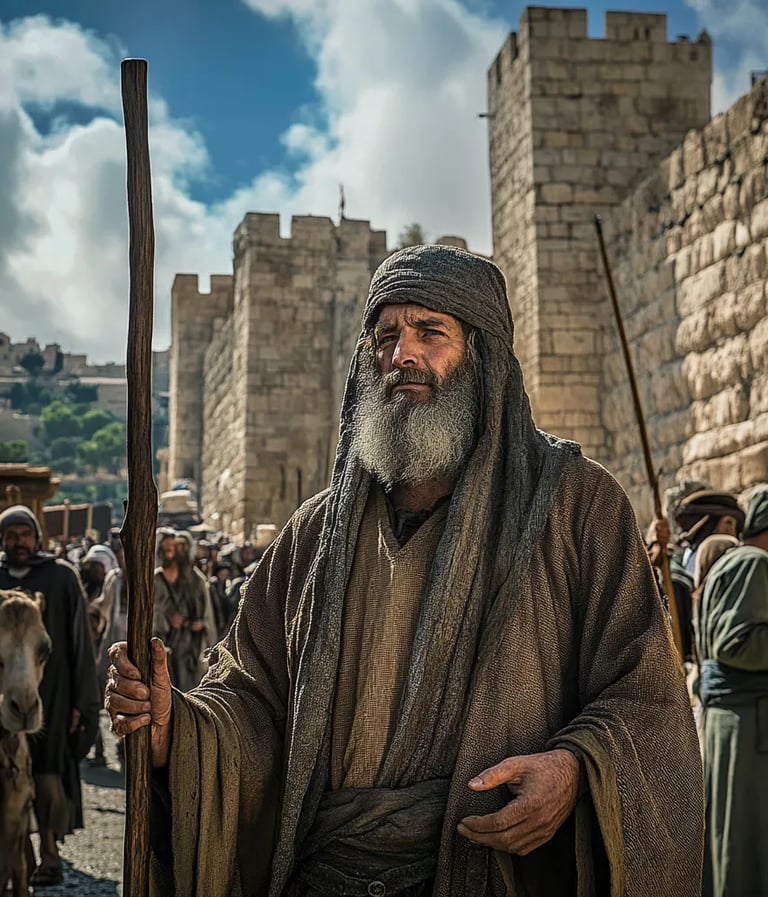

725 – A Lone Pilgrim Reaches the Holy Land


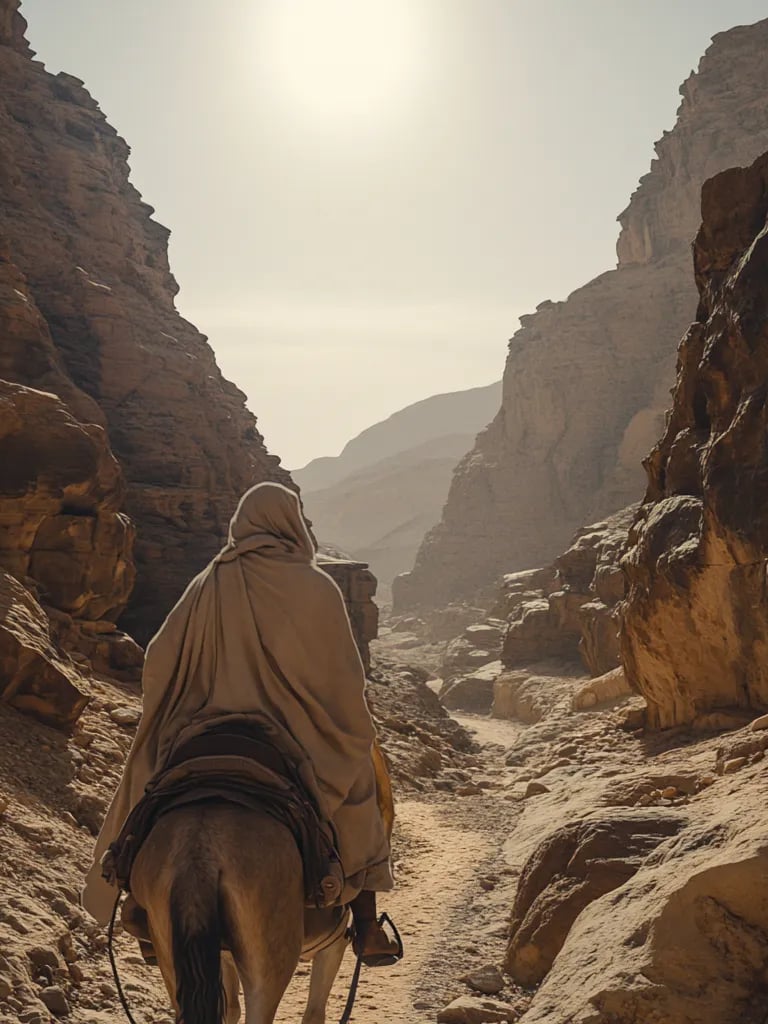

On this day, the legendary warlord Timur unleashed destruction upon Aleppo, crushing the forces of Sultan Faraj of Egypt. The Mameluke army fell, and the city was devastated in a massacre that left 20,000 dead. In a gruesome display of power, Timur ordered a pyramid of skulls to be built, a chilling warning to any who dared to oppose his rule.
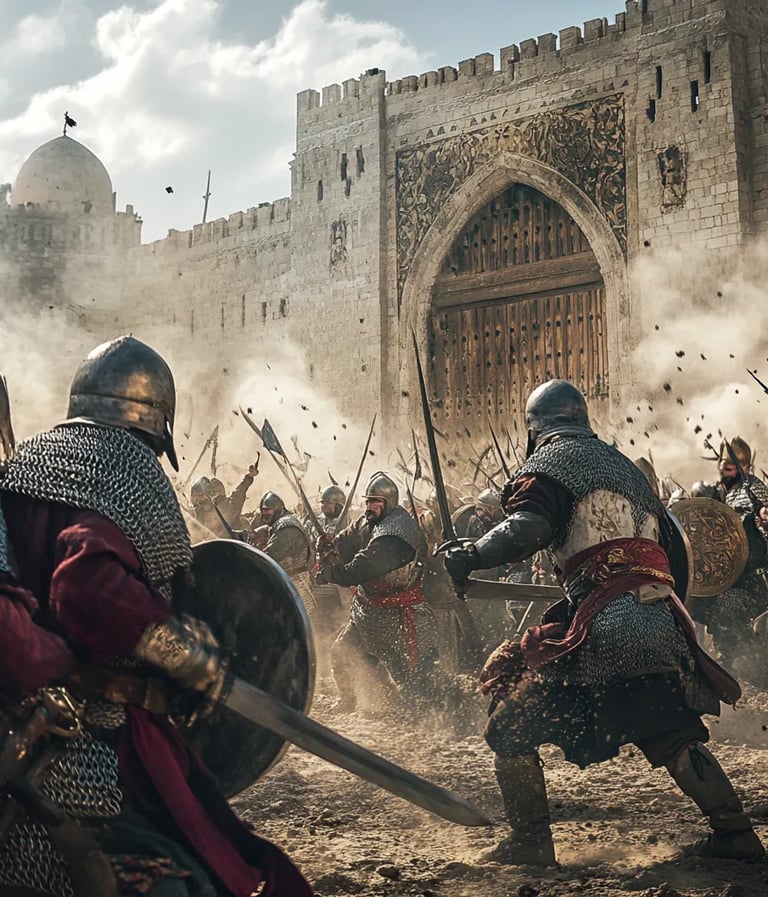

1400 – A City Falls: The Brutal Battle of Aleppo




In a bold economic move, the Dutch States-General outlawed the importation of French wine. This was no ordinary trade dispute—it was a strategic response to growing tensions between the Netherlands and France. The ban was meant to weaken France’s economy while bolstering Dutch merchants. However, as history has shown, when politics meddles with wine, the people often find a way around it!


1671 – The Netherlands Bans French Wine! But Why?




Long before modern education laws, the Massachusetts Bay Colony passed the first compulsory school attendance law in the American colonies. Leaders believed education was essential for religious and civic life, requiring towns to establish schools. This groundbreaking law laid the foundation for America’s public education system, ensuring that literacy and learning were not just privileges for the elite but rights for all.
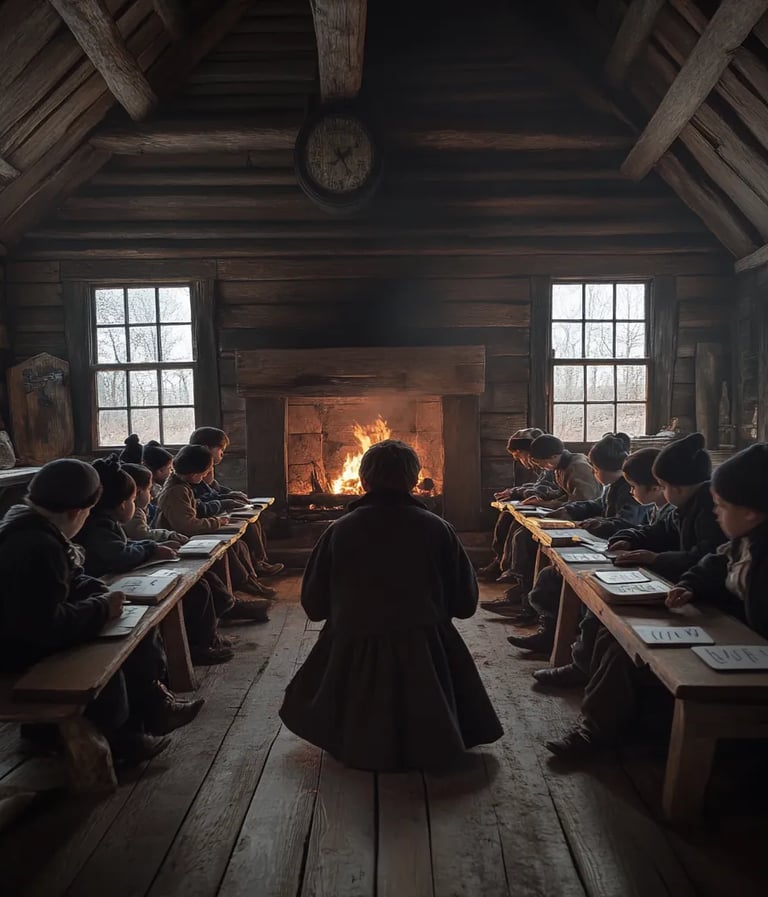

1647 – Massachusetts Makes School Mandatory




Diplomatic tensions turned into all-out war as Chile officially declared hostilities against Bolivia and Peru. What began as a dispute over trade and influence escalated into a fierce conflict that shaped South America's geopolitical landscape. The war forced alliances to shift, nations to reconsider their strategies, and set the stage for future territorial struggles in the region.
